Filter staff:

Dr John F Mueller
Bye-Fellow and Director of Studies

Dr John F Mueller
Bye-Fellow and Director of Studies

Dr Jonathan Padley
Bye-Fellow, Director of Studies

Dr Jonathan Padley
Bye-Fellow, Director of Studies
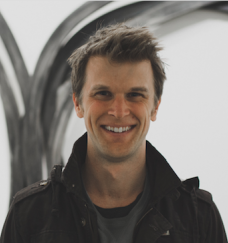
Dr Jonnie Penn
Fellow

Dr Jonnie Penn
Fellow
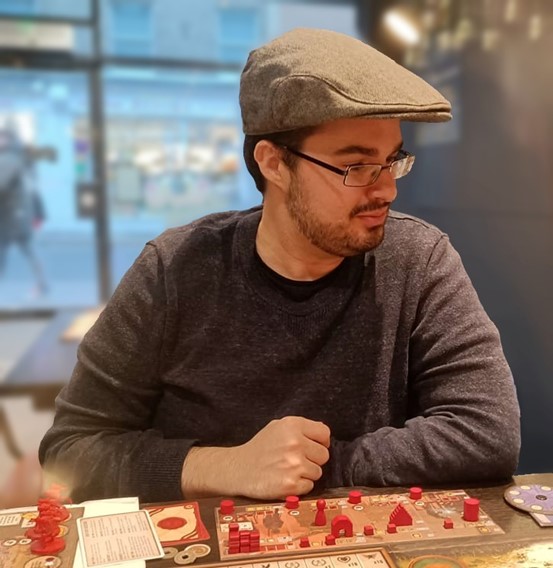
Dr José Siqueira
Tutor

Dr José Siqueira
Tutor
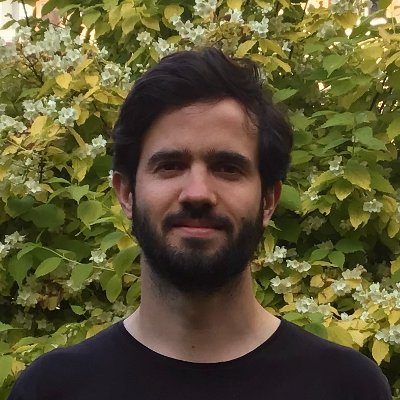
Dr José Tomás Labarca
Bye-Fellow

Dr José Tomás Labarca
Bye-Fellow

Dr Joseph Millard
Bye-Fellow

Dr Joseph Millard
Bye-Fellow
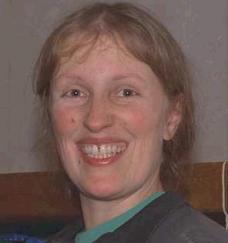
Dr Kate Brett
Fellow

Dr Kate Brett
Fellow

Dr Kevin Loudon
Director of Studies

Dr Kevin Loudon
Director of Studies
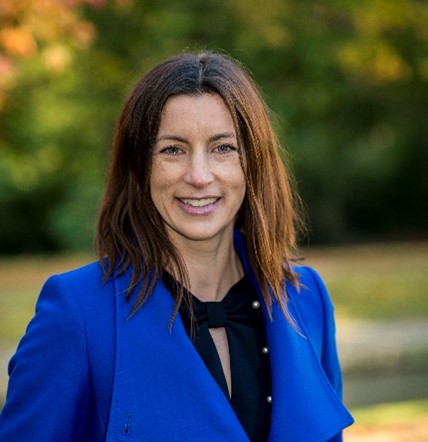
Dr Kristen MacAskill
Fellow, Director of Studies

Dr Kristen MacAskill
Fellow, Director of Studies
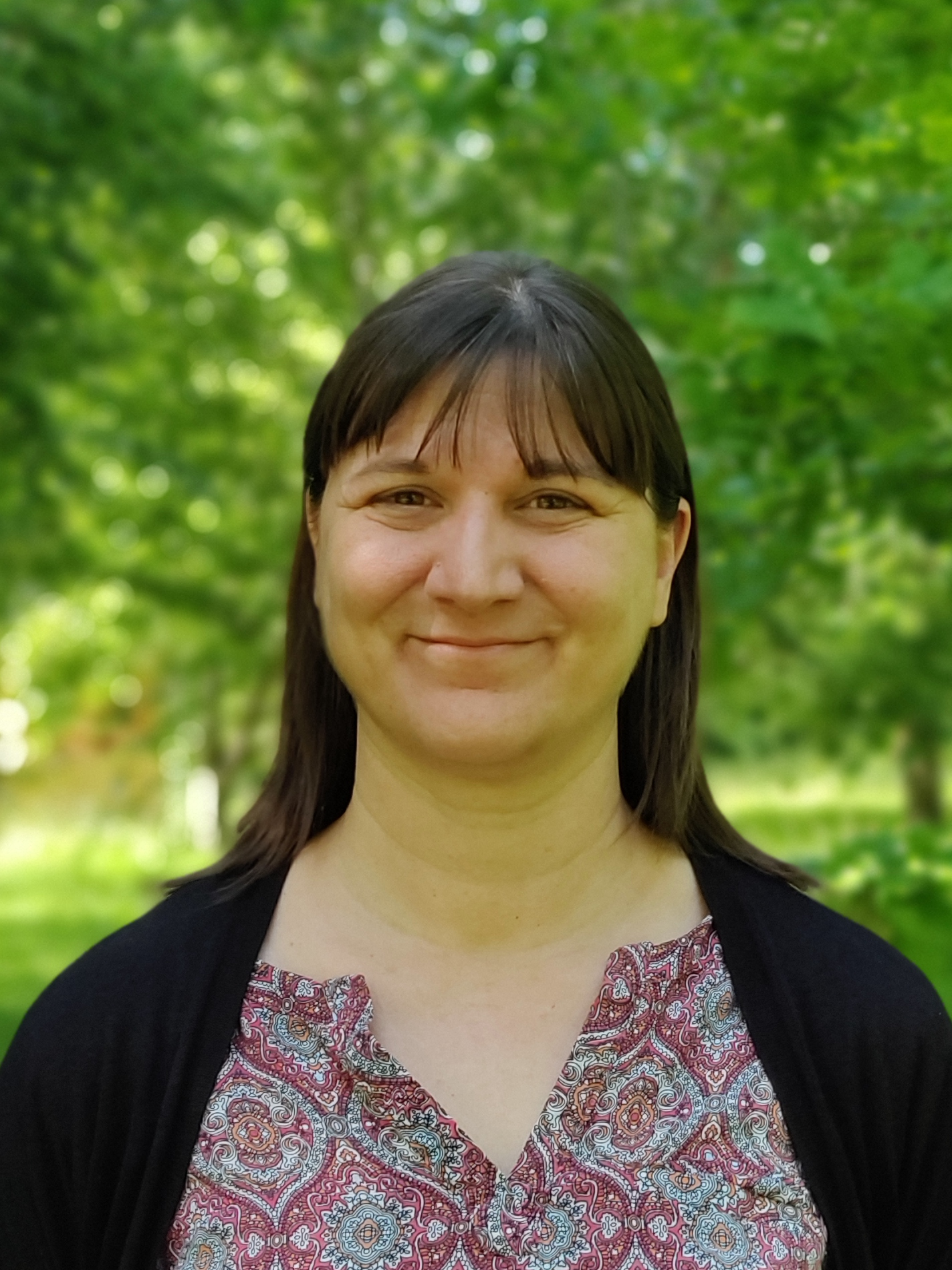
Dr Lidia Ripamonti
Research Associate

Dr Lidia Ripamonti
Research Associate
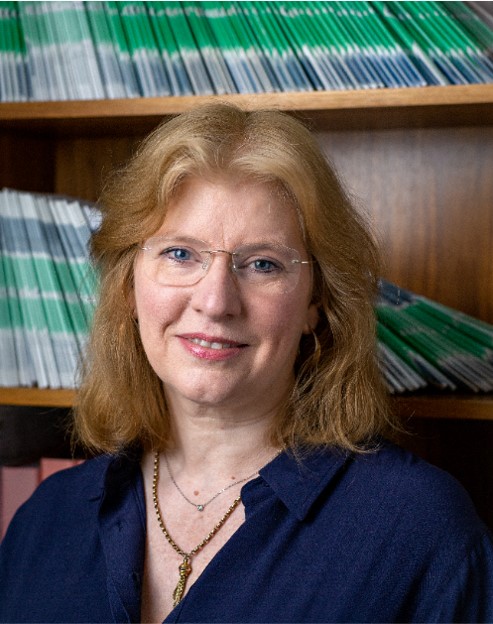
Dr Linda King
Fellow, Director of Studies

Dr Linda King
Fellow, Director of Studies
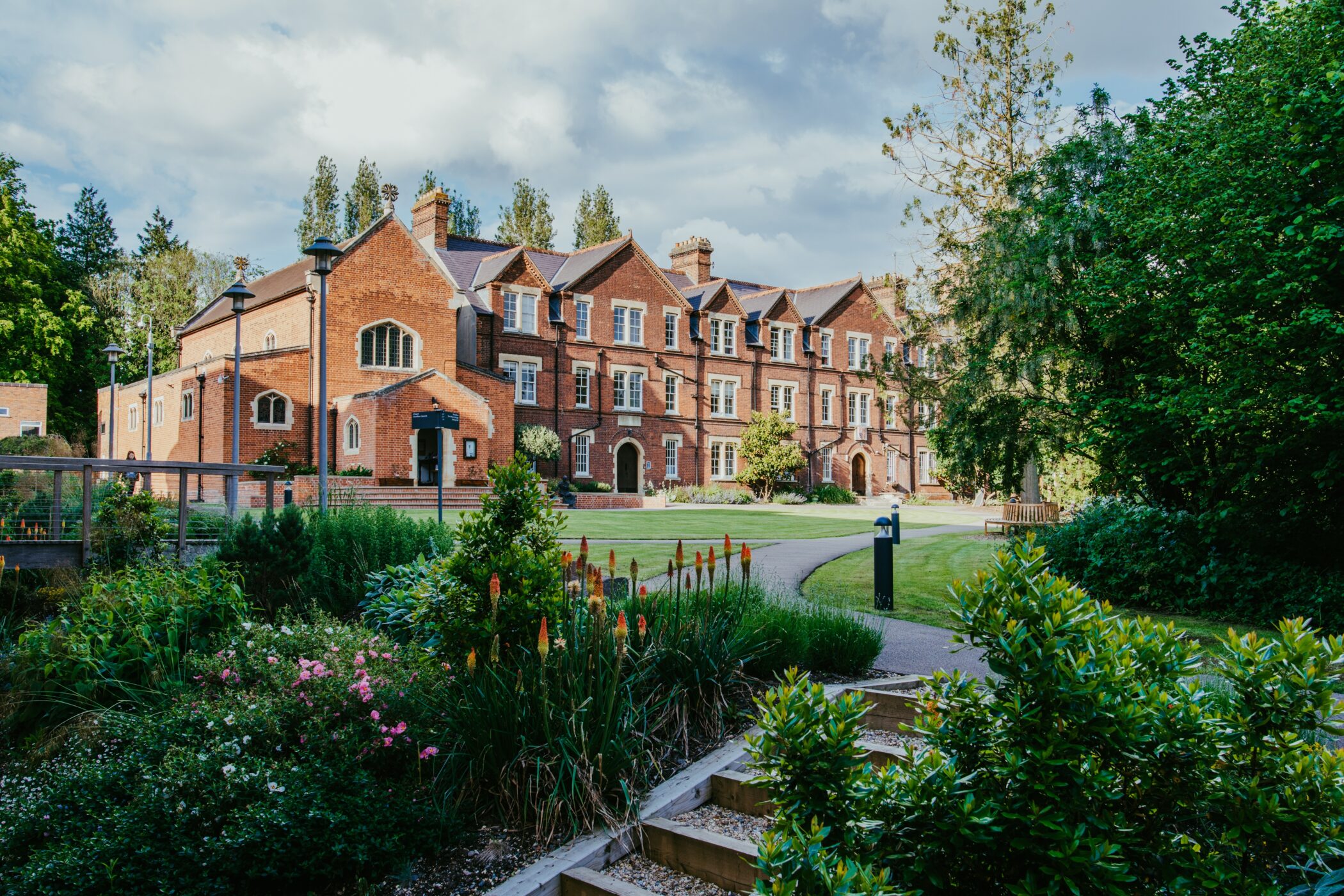
Dr Luana Bulat
Director of Studies

Dr Luana Bulat
Director of Studies

